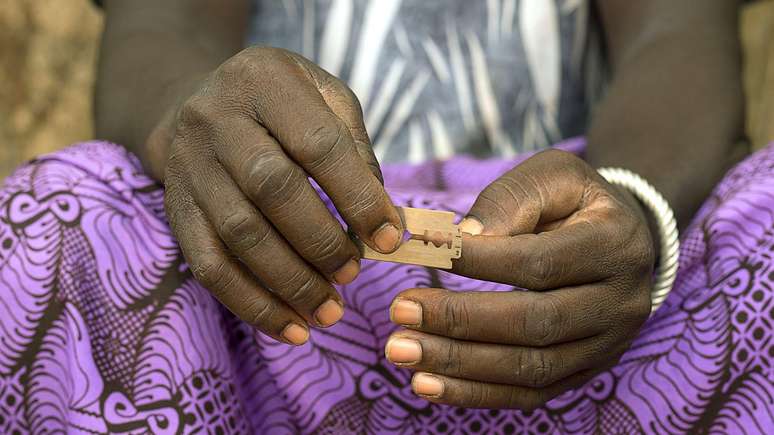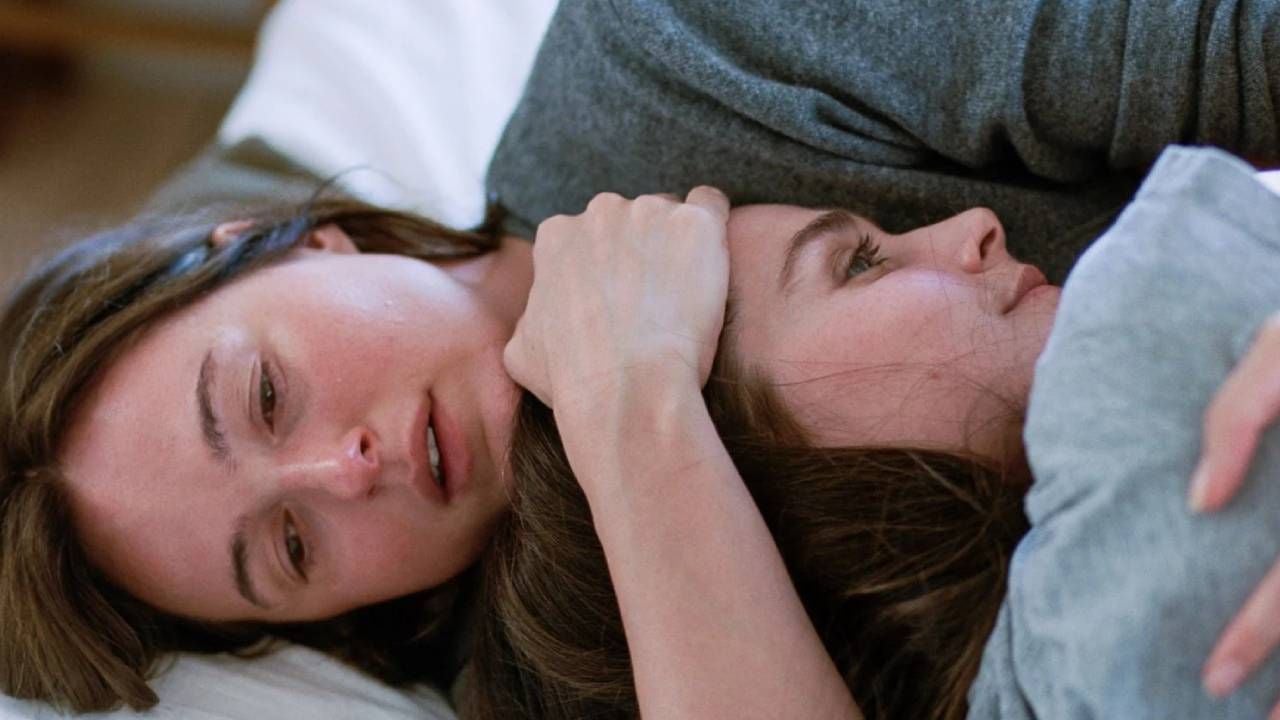The expert talks about the risk factors of colorectal cancer and explains the importance of early diagnosis for the treatment of the disease
The number of patients under 55 years of age with colorectal cancer it has doubled in the past three decades, according to a report from the American Cancer Society. Traditionally, this type of cancer was more common in older individuals, but changes in lifestyle, diet and other factors related to younger generations may be contributing to this troubling trend.
Colorectal cancer is a type of cancer that begins in the colon or rectum, parts of the large intestine. Generally this tumor develops from polyps, small masses of cells that can grow on the internal wall of the colon and rectum, transforming into tumors over time.
The reason for the notable increase in colorectal cancer cases among people under 50 depends on several factors, as mentioned by the gastroenterology doctor of the AmorSaúde network, Marcus Barreto.
“One of the main causes is the increase in childhood obesity, resulting from bad lifestyle habits and an inadequate diet, rich in spices, fast food and processed foods. In the case of adults, an aggravating factor is excessive alcohol consumption, as well as a sedentary lifestyle with irregular diet, obesity and stress”, says the professional.
Main symptoms
Symptoms of colorectal cancer can vary, as your doctor explains, but some common signs include:
- Changes in bowel habits (diarrhea or constipation);
- Blood in the stool;
- Unexplained weight loss;
- Dark anemia, that is, without a defined cause.
The importance of early diagnosis
Early diagnosis is the key to treatment, as it increases the chances and rate of recovery. “A cancer that has a good prognosis, that is, if diagnosed early, has a high success rate. Precisely for this reason we increasingly recommend colonoscopy starting from the age of 45”, reveals the specialist.
In the case of younger patients with genetic risk, tests can also be carried out before the age of 45. “In patients who have a history of first-degree colorectal cancer, we begin screening 10 years before the age at which the first-degree relative was diagnosed, which is 40 years old,” she points out.
Colorectal cancer treatment
Treatment of colorectal cancer depends on the stage of the disease, the location of the tumor and the patient’s general health condition. According to the doctor, the approach to the treatment of colorectal cancer will be based on the histological type.
“Most of them are adenocarcinomas, that is, they are a histological type that can be avoided selectionby performing a colonoscopy, identifying precancerous lesions early, which would be polyps, by performing a polypectomy, thus avoiding the possibility of being diagnosed with colorectal cancer,” explains Marcus.
If colorectal cancer has already been diagnosed, the therapeutic approach defines whether it is localized in that specific region of the intestine, or whether it is already elsewhere, and whether it is invasive or non-invasive. “In some cases only surgery will be performed; in other cases it will also be necessary to combine chemotherapy and radiotherapy. However, it is not possible to generalize, because the treatment is individualized depending on the case,” he says.
Prevention measures
Colorectal cancer prevention involves lifestyle changes and medical surveillance. Investing in a healthy lifestyle is good for an individual’s overall health, contributing to the prevention of colorectal cancer.
“Adopt healthy lifestyle habits, such as practicing regular physical activity and following a diet rich in fibre, so that the intestine functions regularly, preferably every day. Avoid excessive alcohol consumption and control your weight, avoiding obesity”, he claims.
Additionally, you need to be aware of the signs of the disease, especially the presence of blood in your stool. “Since bleeding in the stool can be the cause of anorectal diseases that tend to be seen by the population as common diseases, such as hemorrhoids, this ends up postponing the diagnosis, which reduces the chances of recovery,” warns the doctor.
Therefore, it is essential to see a doctor if you experience any of the symptoms and undergo regular screening tests, such as colonoscopy, especially if there is a family history of colorectal cancer. The recommendation is that screening begins at age 45, or earlier for those at higher risk.
Source: Terra
Ben Stock is a lifestyle journalist and author at Gossipify. He writes about topics such as health, wellness, travel, food and home decor. He provides practical advice and inspiration to improve well-being, keeps readers up to date with latest lifestyle news and trends, known for his engaging writing style, in-depth analysis and unique perspectives.









